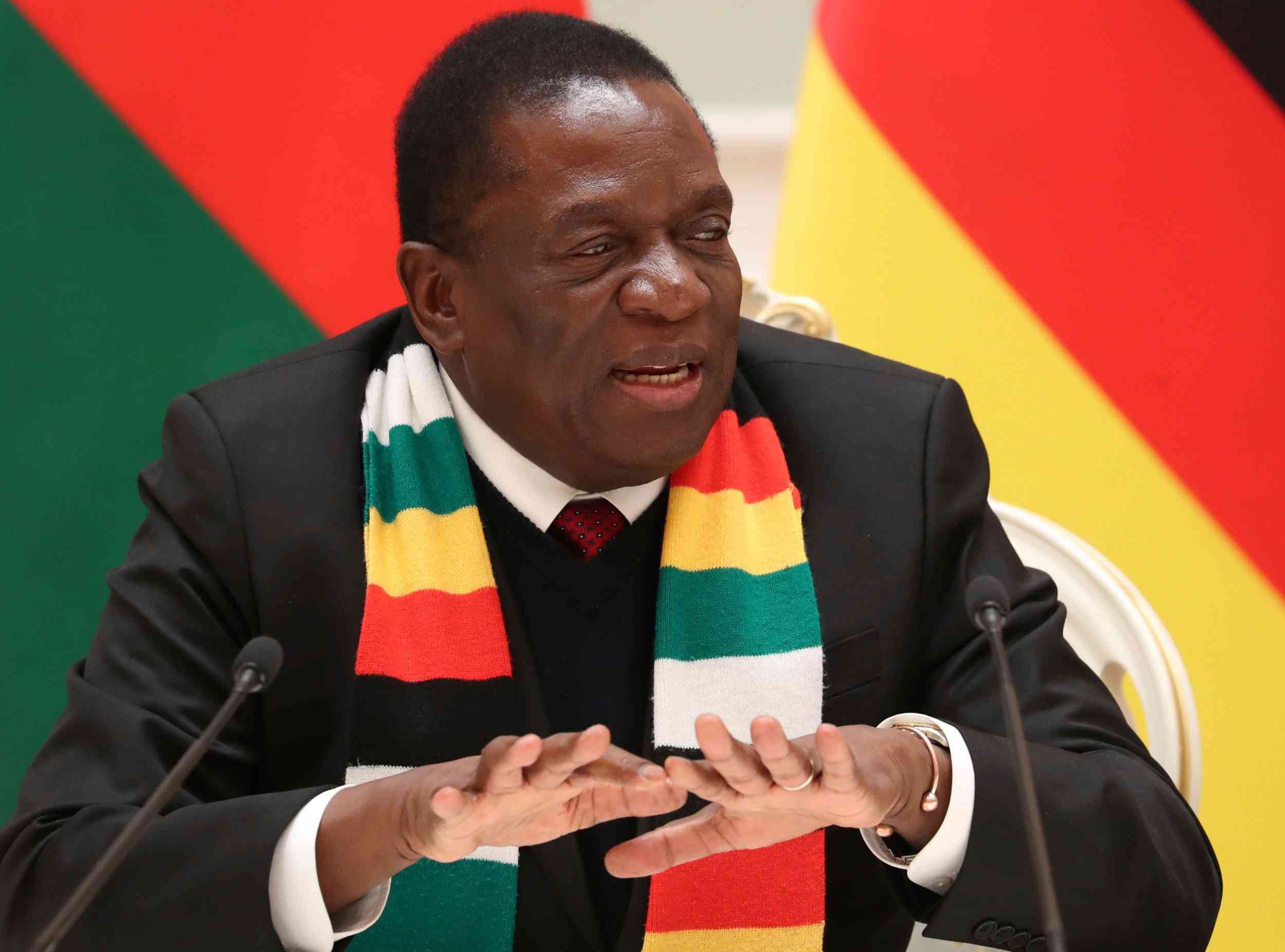
At the end of 2017, the world watched with keen interest as President Robert Mugabe was deposed after 37 years of ruinous rule, and replaced by Emmerson Mnangagwa, who promised “a new democracy”.
By MAI SATO
The change of power is also significant for those interested in Zimbabwe’s death penalty policy.
Mugabe, around the time of his departure from office, had plans to resume executions.
Advertisements were placed to recruit a hangman — a position that had been vacant since 2005.
Mnangagwa, on the other hand, has been vocal in his opposition to the death penalty.
Significantly, he himself had faced the prospect of being hanged under the government of Ian Smith, against which he fought during the liberation war.
Within four months of assuming office, Mnangagwa commuted to life imprisonment the death sentences of prisoners who had been on death row for more than 10 years.
- Chamisa under fire over US$120K donation
- Mavhunga puts DeMbare into Chibuku quarterfinals
- Pension funds bet on Cabora Bassa oilfields
- Councils defy govt fire tender directive
Keep Reading
I have just written a new report, 12 Years Without an Execution: Is Zimbabwe Ready for Abolition? that examines Zimbabwean citizens’ attitudes towards the death penalty.
It explores what it means to be a “retentionist” or an “abolitionist” in a country that has not executed anyone since 2005, and the potential consequences of abolition.
The launch of the report forms part of a bigger project on the death penalty carried out by The Death Penalty Project, in partnership with Veritas (an NGO based in Zimbabwe) that’s funded by the Swiss Foreign Office and the UK Foreign and Commonwealth Office.
The report indicated that Zimbabweans are ready to embrace abolition if the government were to exercise political leadership to this effect.
Trend towards abolition
Over the last four decades, more countries have dropped the death penalty.
In 1977, only 16 countries had abolished capital punishment in law or practice.
By 2017 the figure had risen to two-thirds of the countries in the world — 142 in total.
The abolition of the death penalty has been boosted by the positions organisations like the Council of Europe and the European Union have taken.
The Council of Europe made the abolition of the death penalty one of its priorities, while the European Union made abolition a condition of membership.
There’s also been an increase in the number of states in the US that have abolished the death penalty or placed a moratorium on executions.
Public support for the death penalty has declined in the country; in 1994, 80% of Americans supported the death penalty.
By 2017, the number had dropped to 55%.
There is progress in sub-Saharan Africa too.
In 2016, the Constitutional Court of Benin ruled that all laws providing for the death penalty were void and death sentences could no longer be imposed.
In the same year, Guinea abolished the death penalty for ordinary crimes.
Now Zimbabwe appears primed to join the trend towards abolition.
Zimbabwe: a de facto abolitionist
Zimbabwe is often referred to as a de facto abolitionist.
This is because it hasn’t carried out an execution in more than 12 years.
And under the country’s new Constitution adopted in 2013 the scope of the death penalty was reduced.
Changes included abolishing the mandatory death sentence for murder without extenuating circumstances.
It also banned the execution of offenders over 70 years of age, and those who were younger than 21 (from 18) when they committed offences carrying the death sentence. While the new Constitution restricted the scope of the death penalty, the policymakers felt that the Zimbabwean public was not ready to embrace complete abolition.
What we found
In our survey, 61% supported the retention of the death penalty.
But 80% of them said that if the government took leadership in abolishing the death penalty, they would accept it as government policy.
In addition, it was clear from the responses that support for the death penalty in Zimbabwe is symbolic — 83% of respondents weren’t even aware that the country hadn’t carried out any executions for more than a decade.
And, 45% of respondents didn’t know the method of execution (hanging).
Too often, surveys on the death penalty concentrate exclusively on the punishment, forgetting that it is one of the many policies to control crime.
In our survey, respondents were asked to rank a range of policies to tackle violent crime, which included the death penalty.
Both those who wanted to retain the death penalty, and those in favour of abolishing it considered moral education and reducing poverty to be more effective than the use of the death penalty.
No barrier
Public opinion has been cited as one of the reasons Zimbabwe is not ready to abolish the death penalty.
But the findings in our report should serve to assure Zimbabwean policymakers that public opinion don’t need to pose a barrier to abolition.
Indeed, the findings suggest that the Zimbabwean public is ready to accept abolition, should the government decide to move away from the death penalty in law – and in practice.











